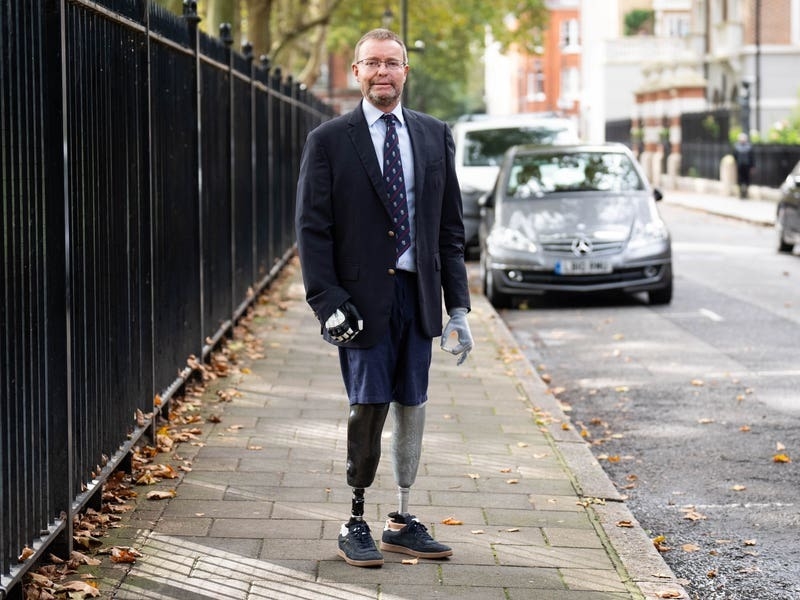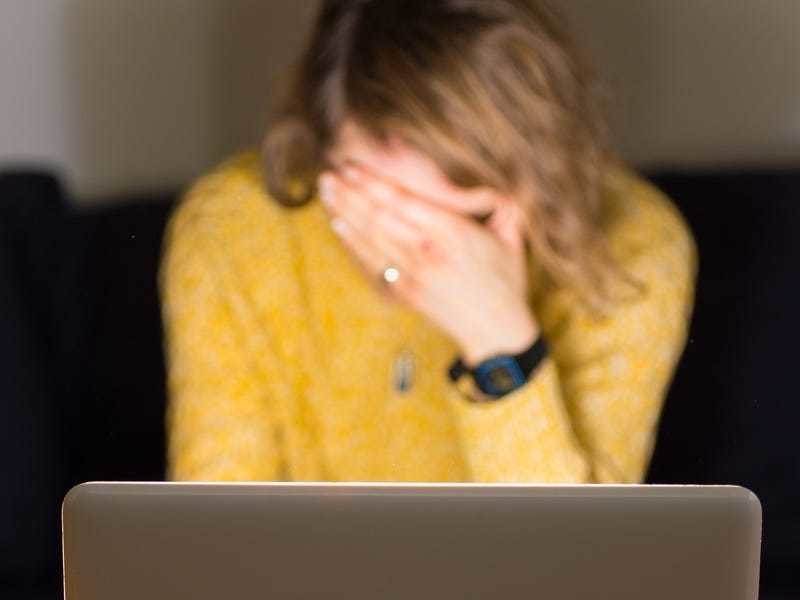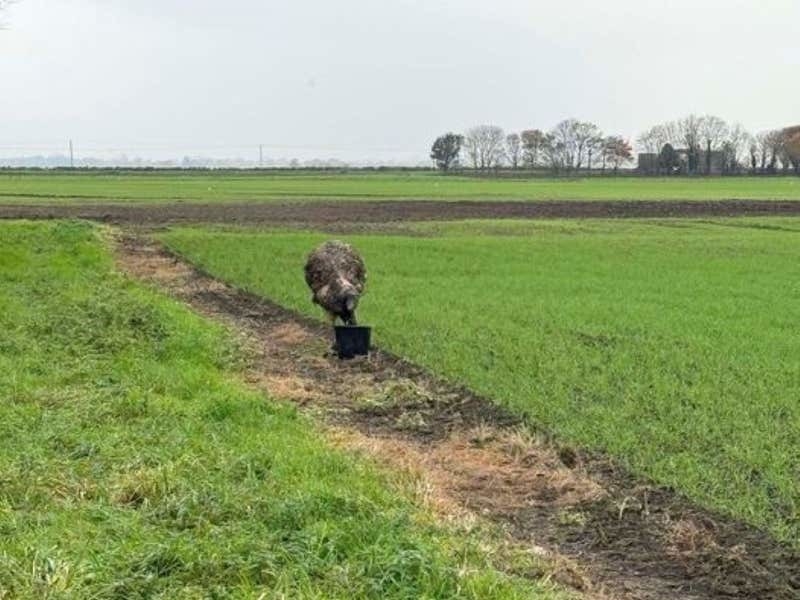Families may no longer be able to access a girls-only education for their daughters due to the Government’s decision to apply VAT to private school fees, education leaders have warned.
Donna Stevens, chief executive of the Girls’ Schools Association (GSA), called Labour’s policy a “step backwards for equality” as she said girls’ schools improve pupils’ life chances and “break glass ceilings”.
A lack of places in all girls’ state schools could mean parents who cannot afford higher private school fees as a result of the policy are forced to choose a co-educational school instead, leaders have suggested.
Mrs Stevens warned the change, which is due to come into effect in January, may lead to the girls’ school sector shrinking and choice being “eroded”.
Speaking to the press at the GSA’s conference in Manchester, Mrs Stevens said there is a lack of girls’ schools in some areas of the country, like Scotland and areas of the East of England, and even in areas where there are state girls’ schools they can be “packed” and difficult to get a place at.
She said: “Let’s say all independent schools are affected exactly the same across the sector – because of the fact that girls’ schools are more prevalent in the independent sector than the state sector -the girls’ school sector will shrink overall and the co-ed sector will grow.
“So therefore the choice will be eroded for girls.”
Last month, Chancellor Rachel Reeves confirmed in the Budget that 20% VAT would be applied to private schools in the UK from January.
The Government has estimated the policy will raise £460 million next year, rising to £1.7 billion by 2029/30.
Addressing more than 150 heads of girls’ schools at the two-day conference on Monday, Alex Hutchinson, president of the GSA, warned that Labour’s VAT policy could have a “seismic impact” on girls’ life chances.
Mrs Hutchinson, head at James Allen’s Girls’ School in Dulwich, south London, called on heads to “stand up and fight” for private schools so women can still access an “outstanding” girls-only education.
Her plea came after the Independent Schools Council announced plans last month to launch legal action against the planned VAT levy.
She added: “If a family themselves find that they can no longer afford the fees, then that choice to educate their daughters in all girls’ schools may be removed because there is no local all girls’ state alternative.”
Mrs Hutchinson said girls’ schools are “absolute beacons around the promotion of gender parity”.
She added that the GSA’s purpose is “to have schools that are designed for girls” and she said in their schools “there’s no such thing as a boy subject”.
Mrs Stevens added that data and research “shows time and time again that it (girls-only education) does improve girls’ life chances and break glass ceilings”.
On the VAT change which is due to come into effect in just over six weeks, she said: “I think we would say that this policy is a step backwards for equality.”
On average, the Government expects private school fees to increase by around 10% as a result of the introduction of VAT.
The Government has predicted that 35,000 pupils will move into UK state schools over time, and a further 2,000 will leave private schools to be educated in schools abroad or at home.
Asked about the VAT policy on LBC on Monday, Education Secretary Bridget Phillipson did not provide a figure for the number of private school pupils who have applied to join state schools between July and September.

Asked why the Government is introducing the change in January, Ms Phillipson said: “We were consistently clear during the general election about our intention to do so and the need for investment in our state schools is urgent.”
She added: “I know our state schools have been under enormous pressure and have had to deal with it and maybe they could provide some advice to the private sector on how to manage their budgets more effectively.”
An HM Treasury spokesperson said: “The Government has made difficult decisions on tax now to fix the foundations and increase investment in public services and the economy, to rebuild Britain and unlock long-term growth.
“We want to ensure all children have the best chance in life to succeed. Ending tax breaks on private schools will help to raise the revenue needed to break down the barriers of opportunity for children and young people across the country.”






